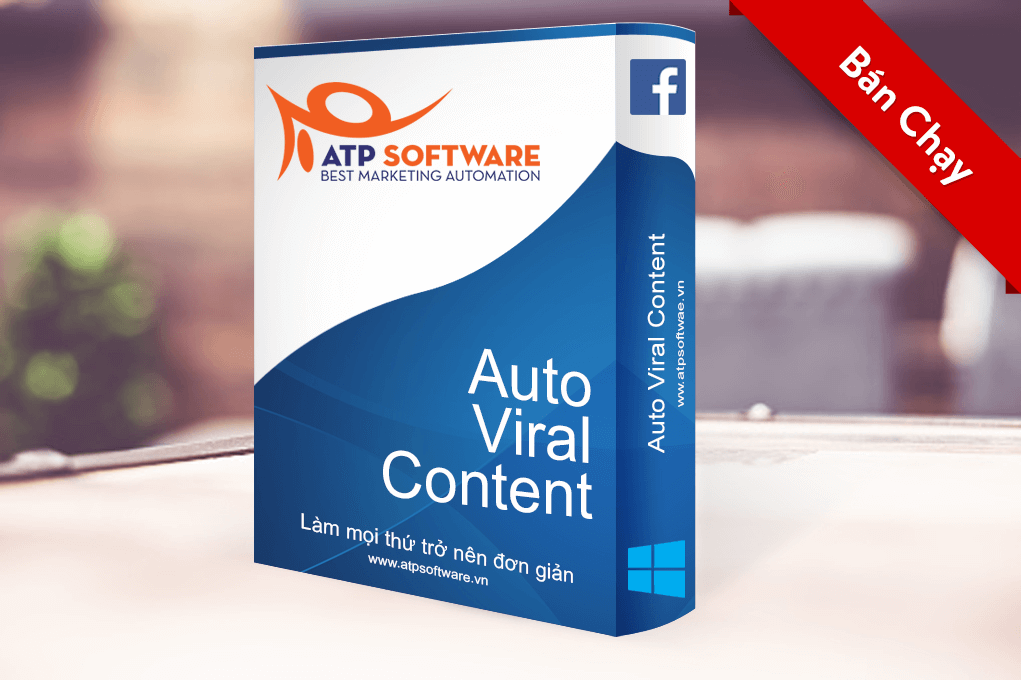In reality, many individuals do successfully recover from addiction and go on to lead fulfilling, substance-free lives. Comprehensive treatment may include a combination of therapies such as cognitive-behavioral therapy (CBT), motivational interviewing, support groups, and medication-assisted treatment (MAT) 2. MAT can help manage withdrawal symptoms and cravings, enhancing the recovery process. It is crucial to remember that successful treatment may require a personalized and holistic approach, considering the unique circumstances and needs of each individual. Myths https://ecosoberhouse.com/ and misconceptions about it contribute to stigma, shame, and a lack of understanding for those experiencing addiction. By debunking these myths, we can foster greater compassion, promote awareness, and encourage people to seek the help they need.
Mục Lục
Debunking Common Misconceptions About Addiction
It’s a perfect storm of biology and circumstance that can lead even the most strong-willed individuals down a path of substance abuse. Don’t let misconceptions about drug addiction or alcohol use stop you from seeking the help you deserve. Contact The Recovery Academy today to learn how we can support you in building a productive, fulfilling life.
Myth 1: Addiction reflects a lack of moral character.
Substance use disorder is a complex and widespread issue affecting millions alcoholism treatment of people worldwide. Despite its prevalence, many myths and misconceptions about substance use and abuse still exist. According to the US National Institute on Drug Abuse, 40 to 60 percent of people who receive addiction treatment relapse at some point afterward. It is often said that “relapse is a part of recovery.” Many people do relapse.
These are the myths addiction researchers hear most often.
Those who believe addiction is a choice may also describe alcoholism or drug addiction as a moral failing or having poor character. It’s important to move away from this mindset as substance abuse rewires the chemistry of the brain. Yes, the addict’s personal resolve plays a part in their recovery, but medical experts agree that effectively treating addiction requires a comprehensive approach. Behavioral therapies, regular counseling, and, in some cases, medications are essential components of a successful treatment and recovery.
- The key is finding the right approach for each individual and implementing it as early as possible.
- These misconceptions can even make it harder for people in recovery to get help.
- Once addiction takes hold, brain chemistry changes make it extremely difficult for individuals to stop on their own.
This misconception stems from the belief that addiction only affects those who exhibit visible signs of impairment in their personal and professional lives. Some assume that people who maintain successful careers, have stable relationships, and seem to have their “lives together” cannot possibly live with substance abuse. Many people believe recreational drug and alcohol use, i.e., from time to time, isn’t harmful. This is mainly a dangerous misconception for individuals who experiment with substances casually. A prescription drug is a pharmaceutical drug that is permitted to be dispensed only to those with a medical prescription. When prescription drugs are misused, i.e., taken for too long or taken in larger than prescribed quantities, there is the possibility of developing an addiction.
Myth 4: Mixing different types of alcoholic drinks causes more severe intoxication symptoms.
However, addiction is a disease and can make someone so hyper-focused on getting their next fix that it’s nearly impossible for them to think about anything else. Furthermore, counterfeit prescription pills like OxyContin®, Xanax®, and Vicodin® are popping up across the US, laced with fentanyl and other deadly drugs. While the initial decision to misuse a substance may be voluntary, the way a person’s brain reacts to that substance isn’t. As much as you want to believe someone when they say, “I’ll quit tomorrow” or “Just one more drink,” it likely won’t be their last binge or high. Often, there is physical and psychological damage behind an addiction that needs professional attention. We’re a modern 64-bed inpatient facility in Loveland, Colorado, with leading-edge medical technology and a strong reputation for clinical excellence and healthcare quality.
- Another reason why people believe myths about addiction is that they may have limited exposure to accurate information.
- They may use drugs or alcohol to cope with stress, anxiety, or other underlying emotional issues.
- Adolescents who use social media are at higher risk of being pressured to partake in order to feel like part of the group.
- Recognizing that addiction is a complex illness influenced by various factors, including genetics, environment, and mental health, can help dispel simplistic and harmful beliefs.
- For example, someone who believes this myth may not understand why their loved one is struggling with addiction and may blame them for their behavior.
Antidepressants are among the most commonly prescribed medications for mental health conditions, offering crucial relief to millions of people worldwide. Yet, despite their widespread use, these medications are still the subject of widespread misinformation. Various factors contribute to the development of addiction, including genetic predisposition, environmental influences, and the interplay of brain chemistry.
Addiction is not a choice or a moral failing but a consequence of various contributing factors, including genetics, upbringing, trauma, and other influences. In this section, we will explore addiction as a chronic illness, the complex changes in the brain, myths about addiction and the need for comprehensive treatment. One of the most persistent misconceptions about addiction is that it is a choice. It is a chronic illness influenced by various genetic, environmental, and social risk factors. It is crucial to understand that nobody chooses to develop an addiction, just as no one chooses to have cancer.

















Bình luận về chủ đề post